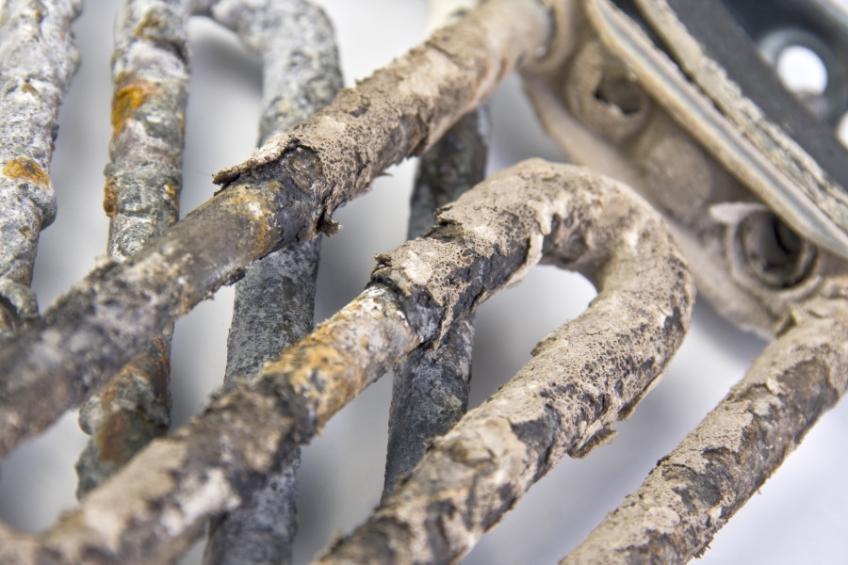Hard water
Hard water is water that contains a high content of minerals, especially calcium and magnesium. These minerals contribute to the formation of scale and can have a negative effect on household appliances, pipes, taps and other water equipment.
Water hardness is usually measured in units such as milligrams per liter (mg/l) or degrees of German hardness (°dH). The water hardness value determines the amount of dissolved minerals, especially calcium and magnesium, present in the given water.
Water with high hardness can have several disadvantages. Scale, which forms as a result of mineral deposits from hard water, can cause blocked pipes, reduce the efficiency of water heaters and appliances, and even damage appliances. In addition, hard water can affect the quality of soaps and detergents, which make it harder to lather and leave unwanted residues on surfaces.
Water hardness can be reduced using various methods, such as the use of softeners that remove minerals from the water, or the use of chemical softeners. These methods are used to reduce water hardness and minimize the negative effects of hard water on devices and appliances.
Hard water is common in many regions and its impact varies depending on the specific area and water composition. It is important to keep in mind the hardness of the water and take measures to mitigate its effects when necessary.

